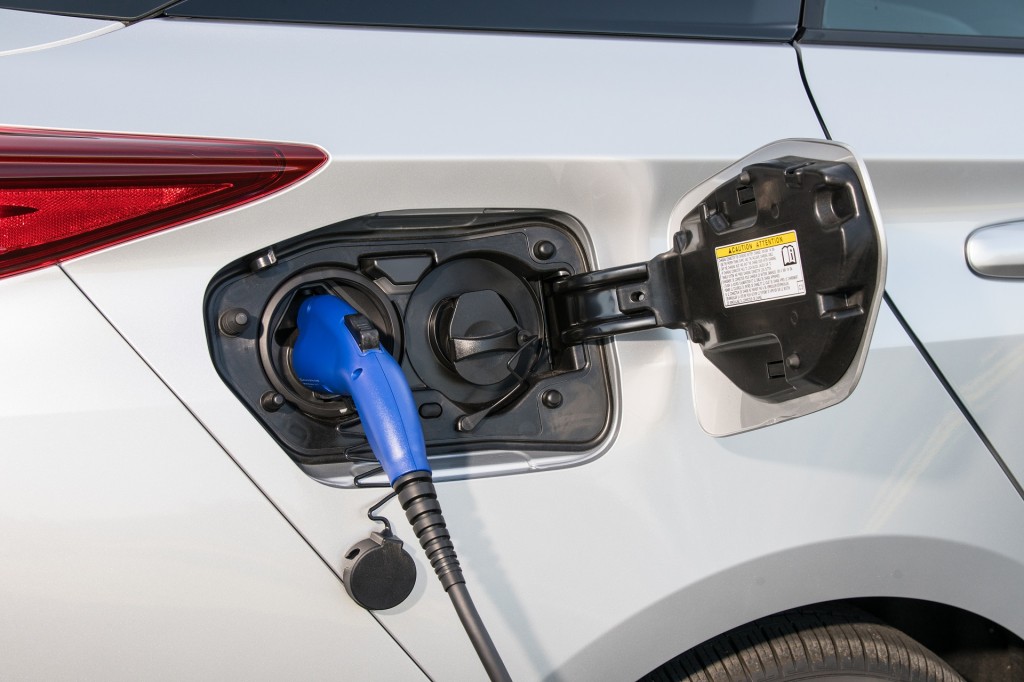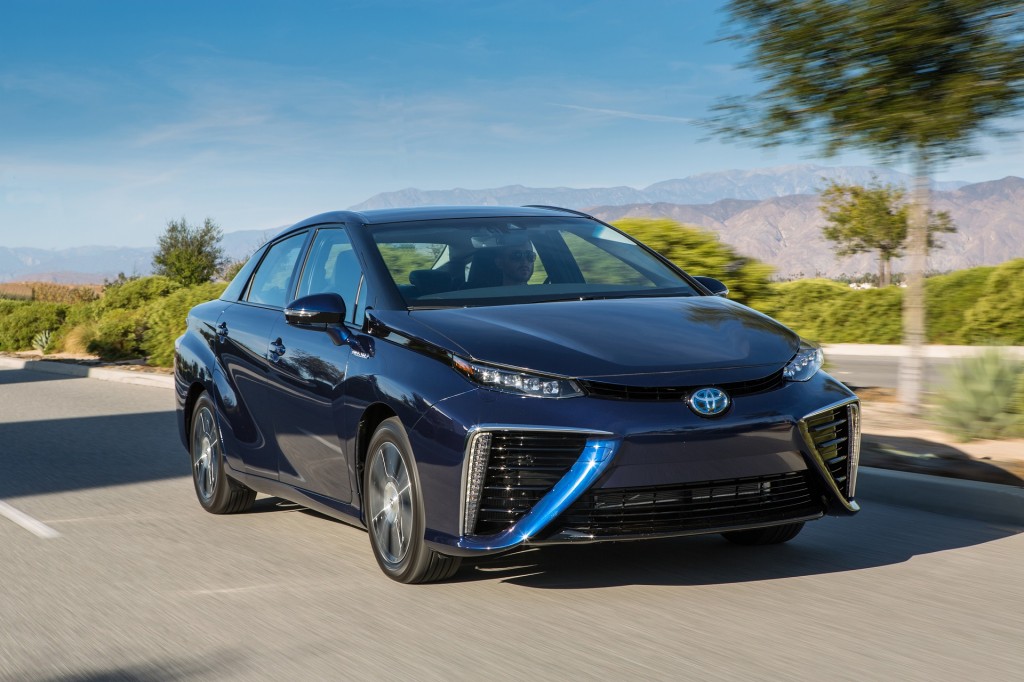Toyota has been a confirmed naysayer on long-range battery-electric cars for two decades.
Instead, hydrogen fuel cells have been its zero-emission technology of choice.
In that context, a new report suggesting Toyota will start building significant numbers of battery-electric cars is quite stunning indeed.
DON'T MISS: Now Toyota can make electric cars: it's tamed lithium-ion batteries, it says
Toyota is a eyeing a "full-scale" entry into the electric-car market, according to Nikkei.
This will reportedly begin with an electric car, apparently a small SUV, to be introduced at the 2020 Tokyo Olympics.
The Japanese government has indicated it will use the Olympics to promote hydrogen fuel cells, which Toyota has been one of the most vocal proponents of.

2017 Toyota Prius Prime Premium
In a Reuters article published last month, Koji Toyoshima, the chief engineer for the current Prius hybrid and Prius Prime plug-in hybrid, said Toyota had made significant strides in lithium-ion battery cell development that could be applied to electric cars.
According to the Nikkei report, Toyota will create an in-house electric-car team by the beginning of the new year.
ALSO SEE: 2017 Toyota Prius Prime: first drive of new plug-in hybrid
The fact that Toyota doesn't plan to start development work for two months indicates how new the decision is, and how far the automaker has to go to catch up with rivals.
General Motors is ramping up production of its 238-mile Chevrolet Bolt EV, and Tesla already has over 400,000 reservations for its 215-mile Model 3, which the company says will start production at the end of 2017.
The Toyota will reportedly have a range of "more than 300 kilometers (186 miles)," although the Bolt EV and Model 3 have effectively made 200 miles the new minimum for electric cars.

2017 Toyota Mirai
The reported small electric SUV may also use the Toyota New Global Architecture (TNGA) platform that underpins the current-generation Prius.
MORE: Price cut and monthly sales spike for Toyota Mirai fuel-cell sedan
Toyota's change of heart may have something to do with its struggles to sell hydrogen fuel-cell cars so far.
Sales of the Mirai sedan in California have spiked over the past couple of months, but largely because Toyota lowered lease rates for the car, including offering a special discounted rate for employees, who made up a large portion of the sales surge.
The Mirai's appeal has been dampened somewhat by delays in the launch of fueling stations in California, which limits cars' operating radius.
_______________________________________________











